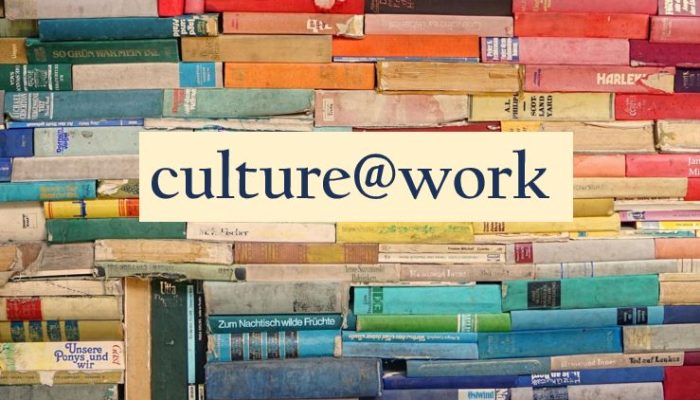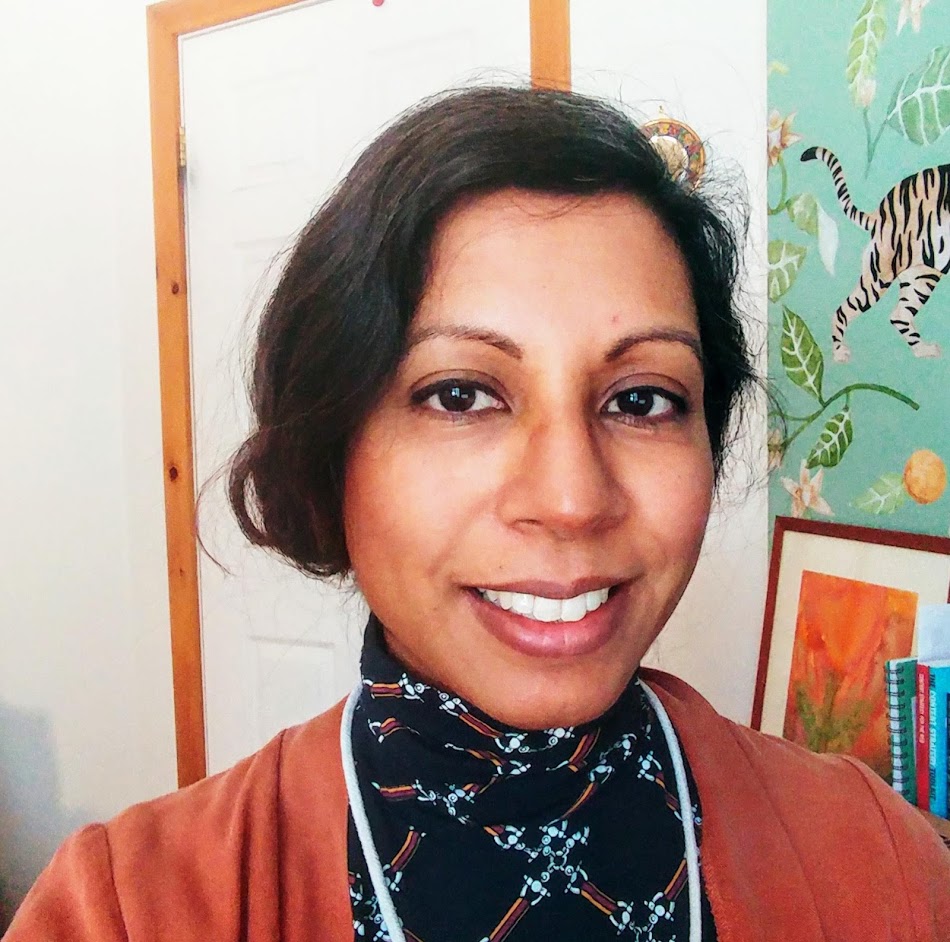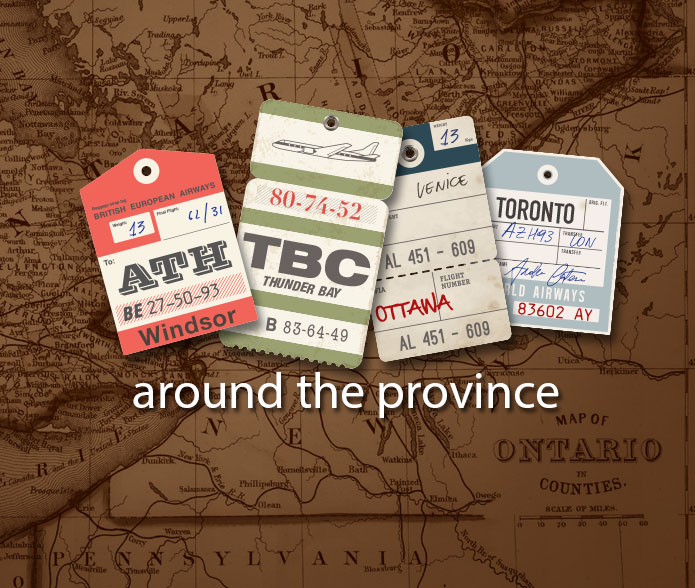Can mentorship help you in a career transition? Toby explores this as he recounts his decision to walk away from a tenure-track faculty position to become a librarian. Through OLA MentorMatch, he met with Jennifer Peters who helped him find where to focus on his job search.

Cultural diversity and inclusion in the workplace
Welcome to culture@work, brought to you by the OLA Cultural Diversity and Inclusion Task Force. This column showcases diversity in library work in Ontario by introducing Open Shelf readers to library staff from around the province. By highlighting the experiences of library workers, we hope readers will get to know more of their OLA colleagues and perhaps be inspired by, if not more informed about, issues of diversity in librarianship in Ontario, and perhaps beyond.

Name: Cecilia Tellis
Title: Head, Design and Outreach
1. Where do you work?
University of Ottawa Library
2. Tell me a little about yourself. How did you end up working in libraries? How have you progressed in your field?
Like many librarians, I fell into librarianship. After finishing a degree in French language and literature at the University of Toronto Scarborough and working in publishing for a few years, I began to crave more fulfilling work. I realized that what I really needed was a career, and not “just work”. My sister, knowing that I liked doing research and that I was somewhat computer savvy, suggested that I look into library and information studies. At the time, I had never even heard of the program!
I completed my MLIS at McGill University in 2004 and started working in academic libraries soon after graduating. I started off at law libraries, moved into a business library position, then slowly started to build up my experience in management with small but mighty teams! I never imagined that I’d be a manager when I completed my degree, but here I am, over 16 years later and I’m enjoying the challenges and triumphs of library leadership.
As for progressing in the field, I’d have to say that I’ve been really fortunate to receive professional development funding in the roles that I’ve had over the years. This has allowed me to attend association conferences, workshops and other training opportunities. Although 2020 was a write-off for in-person events, I really took advantage of the great programming that was still available through various organizations (library or otherwise).
3. Tell us about cultural diversity and inclusion. What do you think libraries can do to be more inclusive? Have you faced any barriers? Why do you think diversity is important for our library communities?
Until recently, I honestly hadn’t incorporated aspects of my ethnic background (mixed race, Filipino and Pakistani) into my professional work. Bringing my “whole self” to work wasn’t something I thought I could really do. It was only after joining Visible Minority Librarians of Canada, starting a new role which oversees inclusion work and lastly, becoming an ARL Leadership and Career Development Program fellow did I really start to think deeply about how my racial identity informs my professional practice.
In some ways, I feel more liberated because the floodgates have been opened and it is easier to have more open discussions about cultural diversity and inclusion. But on the other hand, it continues to be uncomfortable, and sometimes trying to have to think about undoing the systems and structures in our libraries that do not allow BIPOC to feel welcomed, included, and valued. And this work typically falls on BIPOC workers, on top of their usual duties.
In the grand scheme of things, I have not faced major barriers because of my visible minority status. I recognize that I’ve had and continue to have a lot of privilege—Canadian citizenship, support from my family to attend graduate school, support from mentors who recommended me for positions, and access to networks that have accepted me for who I am. I know this is not the case for many aspiring librarians. Hence the importance of forums and networks that are BIPOC only!
4. What continues to inspire you on your job/in your career?
Since joining library groups that focus on BIPOC library workers and archivists, I’ve found new sources of inspiration. I find it awesome how we support each other through mentorship, research collaborations, sharing job postings, etc.
Something that’s currently fascinating me is the intersection of design work and equity. I came across this article that describes an equity design framework as well as a course called Introduction to equityXdesign. I’m really looking forward to finding ways to embed this type of thinking into my work.
5. What piece of advice would you give to diverse librarians beginning their career as well as to those librarians in their mid-career?
For new librarians, I would say join groups and associations that you feel are a good fit, not just because everyone else is joining them. I would say to read widely, and to not just stick to the library literature. On social media, follow librarians and other professionals who you admire and wish to learn from.
For mid-career librarians (I consider myself to be part of this category), push yourselves to explore other areas of librarianship and to take the leap into opportunities if they come up as interim or replacement positions. Build your own network of mid-career librarians in online spaces so you can discuss issues that are particularly relevant to you at this stage in your career. Recently, I’ve been thinking about the librarians who have helped me along the way and I’ve been taking the time to thank them. I’m also keeping in touch with retired librarians from my workplace and they are such an amazing source of strength and courage for me.
6. What work do you think librarians in Ontario need to do to work towards positive social change?
Just start The Work! Begin the personal work of learning and unlearning some of the many damaging ideas we have been fed about who really belongs in libraries in general and, in particular, in management and leadership positions. We need a diversity of voices to make our spaces, whether online or virtual, inclusive and welcoming. We need to question legacy policies and practices that are often decades old.
We also need to keep up with the evolving needs of our marginalized communities. It will be important to be kind and compassionate as we actively listen, absorb, and critically reflect on what we learn from them so that whatever actions we put in place are rooted in the best intentions.
